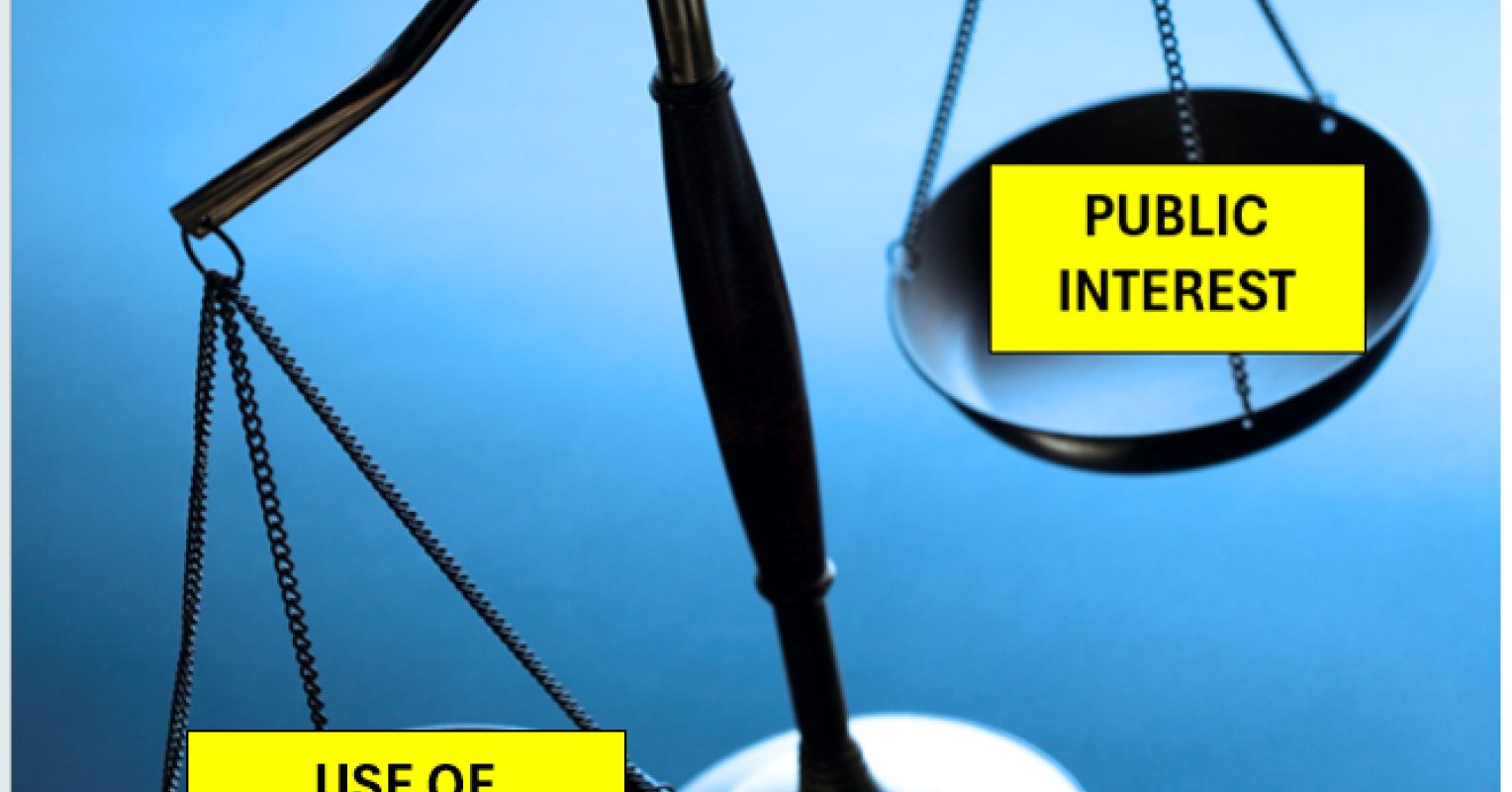
"The happier countries tend to have lower corruption risks, enhanced mutual trust among people, and greater public engagement, showing the correlations between happiness and anti-corruption initiatives."
"Establishing an anti-corruption culture involves intentional protocols that encourage individuals to morally resist corruption, fostering environments where ethical behaviors become the norm."
Research shows that the happiest countries are characterized by lower perceived corruption and higher mutual trust amongst citizens. The United Nations and Gallup's World Happiness Report highlights this correlation, revealing that countries fostering anti-corruption cultures not only implement strict protocols but also engage citizens in governance. Oleh Zarichanskyi's work underscores that an anti-corruption culture requires an organization-wide commitment, where values are shared and cultivated among members, promoting ethical behaviors and solid resilience against corruption.
Read at Psychology Today
Unable to calculate read time
Collection
[
|
...
]